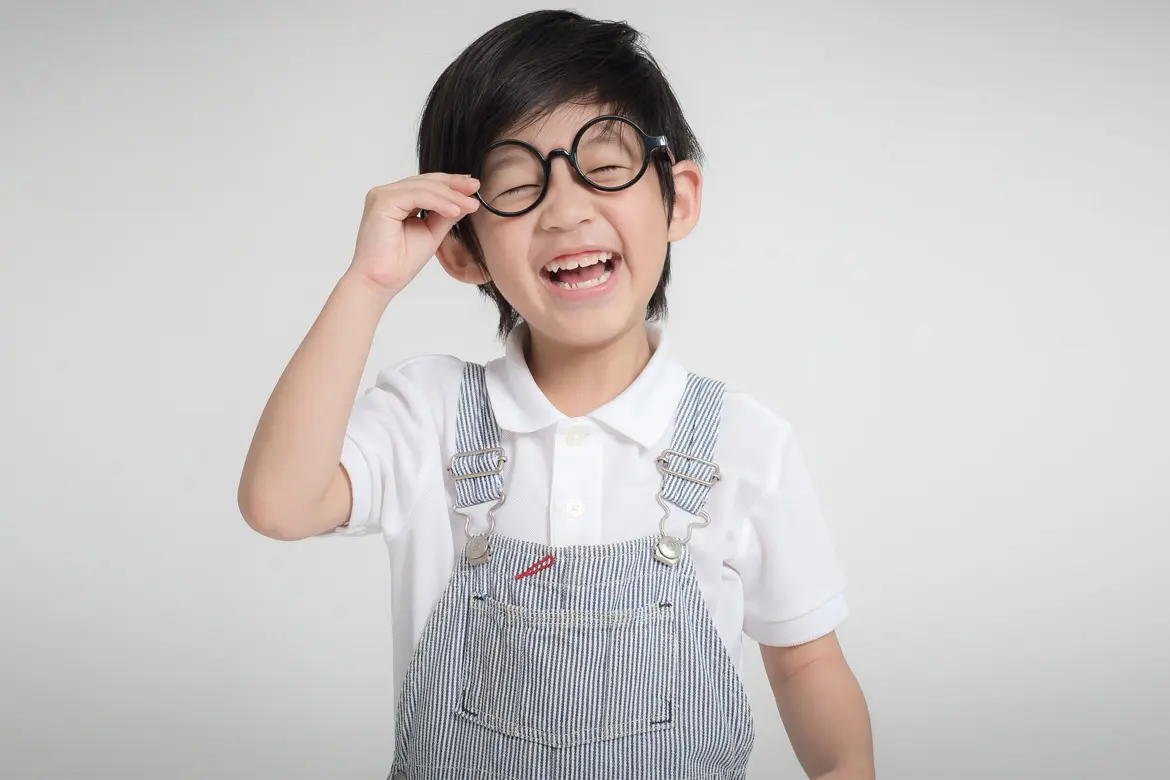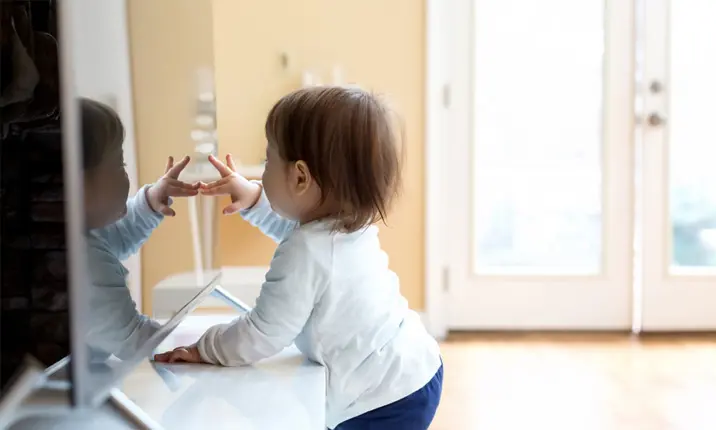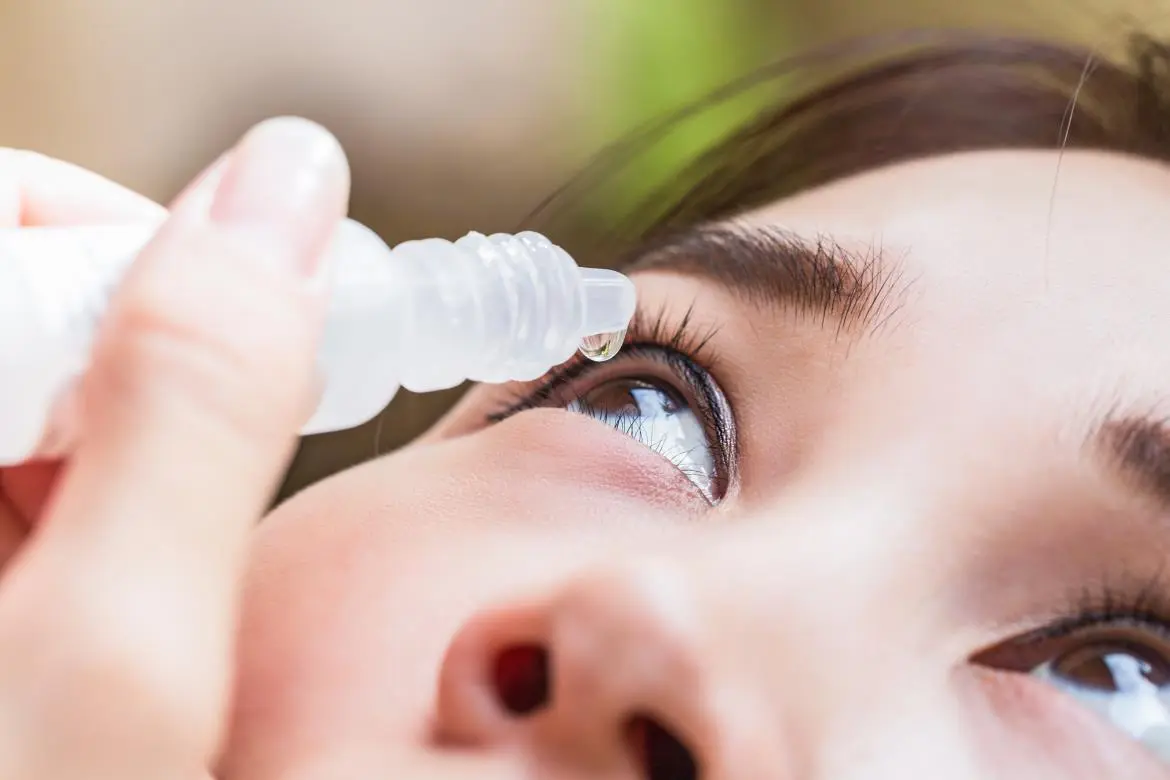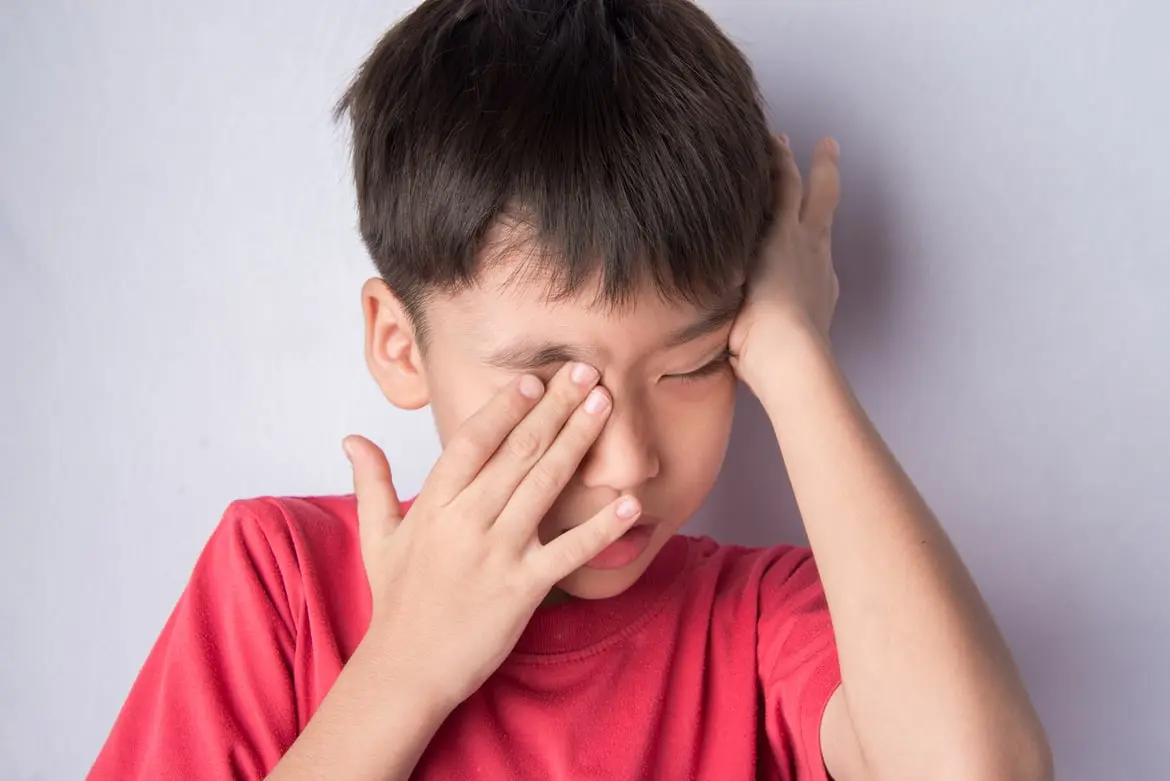Myth #1: Children cannot have an eye examination until they can talk or read
An optometrist will have special equipment that allows them to check the visual ability of a child without requiring any feedback from the child at all. In addition to vision, evaluating and monitoring the health of a child's eyes is also important. In fact, it is essential to check children's vision when they are first born and again during infancy, preschool and school years. Screening can be performed by a paediatrician, family physician or other properly trained health care providers.
Myth #2: Sitting too close to the TV will damage your child's vision
To date, there is no evidence to suggest that sitting too close to the TV for a long period of time can damage your child's eyesight. Your child usually sits close to the TV because they have a better ability to focus on objects close to them than adults do. However, sitting too closely to the TV can also be a sign of myopia so do bring your child for regular eye checks.
Myth #3: Using glasses or contact lenses will weaken your child's eyesight
Wearing corrective glasses or contact lenses will not make your child's eyesight worse. Science has shown that not wearing spectacles does not work to control or prevent progression of myopia. In some cases, it might actually worsen myopia due to the increased accommodation your eyes have to go through without spectacles.
Myth #4: Eyesight is inherited, so there's nothing you can do to prevent vision loss
If 1 parent wears glasses, the odds are at least 1 of their children will eventually need to as well. While it is inheritable, it doesn't mean all of your children will be affected. The environment that they are in also plays a factor. Parents too can play a part. Taking regular breaks at work and spending time outdoor with their children will help to slow down the degree of vision loss.
Myth #5: If you cross your eyes, they will stay that way
No, crossing your eyes will not cause them to stay that way. Our eyes naturally come together when we look at something close so crossing your eyes on purpose is simply exaggerating this natural movement. However, if your child seems to be crossing 1 eye constantly, you should bring them to an ophthalmologist. This may be an indication of a more serious condition.
If your child faces any prolonged eye discomfort, seek the opinion of a doctor.













